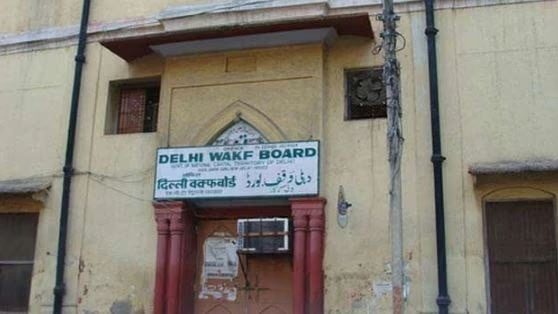The central government is gearing up for significant amendments to the Waqf Board Act. Two bills related to Waqf are set to be introduced in parliament. The copy of the bills released by the government highlights the upcoming changes. What makes these bills special?
The first bill will abolish the Muslim Waqf Act 1923, while the second bill will introduce significant amendments to the Waqf Act 1995.
Through the Waqf Board Amendment Bill 2024, the government plans to bring 44 amendments. The stated objective of the bill is to enhance the management and operation of Waqf properties. It proposes removing Section 40 from the Waqf Act 1995, which vested the Waqf Board with the power to declare any property as Waqf property.
In addition, the Waqf Act 1995 will be renamed as the Unified Waqf Management, Empowerment, Efficiency, and Development Act 1995. The Central Waqf Council and state Waqf boards will have equitable representation from both Muslims and non-Muslims. The bill also ensures representation for backward classes within the Muslim community, including Shia, Sunni, Bohra, and Aga Khani groups.
Women will also be given proper representation, with at least two women mandated to be part of both the Central Council and state Waqf boards. The registration process for Waqf properties will be streamlined through a central portal and database. Additionally, the tribunal structure will be reformed to include two members, and there will be a 90-day period to appeal tribunal orders in the High Court. The authority to survey Waqf properties will be assigned to the Survey Commissioner, who will be either the Collector or a Deputy Collector nominated by the Collector.
Separate Board for Bohra and Aga Khani
A provision for a separate board for the Bohra and Aga Khani communities has been made. All stakeholders will be given appropriate notice before any property is registered as Waqf.
In the Waqf Council, there will be representation from the central minister, three Members of Parliament (MPs), three representatives from Muslim organizations, three experts in Muslim law, two former judges from the Supreme Court or High Court, a renowned lawyer, four nationally acclaimed individuals, and additional or joint secretaries from the Government of India. Among them, two women members are mandatory.
What is Waqf?
'Waqf' is derived from the Arabic word 'Wakufa,' which means to stop. Waqf refers to properties specifically dedicated for religious or charitable purposes under Islamic law. It's a form of charitable trust in Islam. The term 'Waqf' applies to properties donated by Muslims, which can be both movable and immovable. These assets come under the jurisidiction of the Waqf Board. Once the ownership of the relevant property changes, it is considered that it has been transferred from the owner to Allah, making it immutable.
The principle of 'Once Waqf, Always a Waqf' applies here, meaning once a property is declared as Waqf, it remains so indefinitely. A Waqf board is formed in each state to manage these properties.
What Changed in 2013?
In 2013, further amendments were made to this act to grant Waqf boards unlimited rights to seize any property. These changes prohibited individuals from challenging the Waqf board in court. Essentially, a religious body was granted unlimited rights, which prevented plaintiffs from seeking justice from the judiciary.




